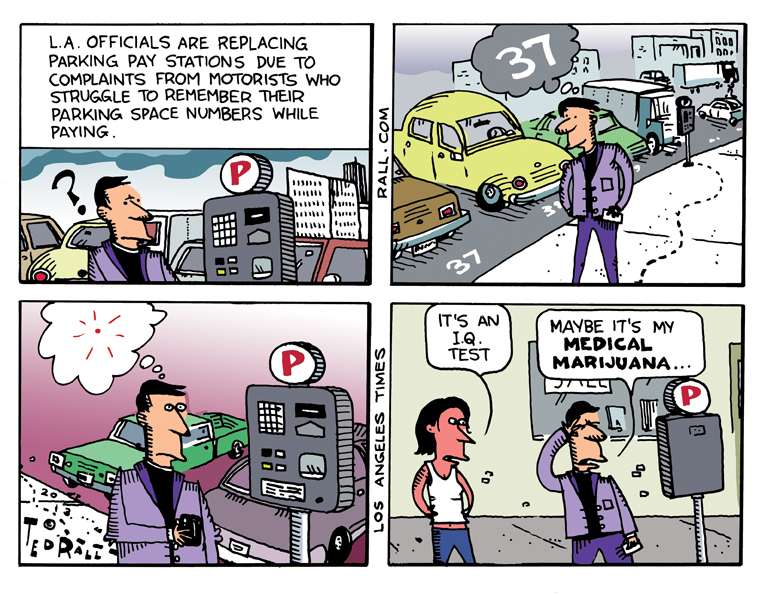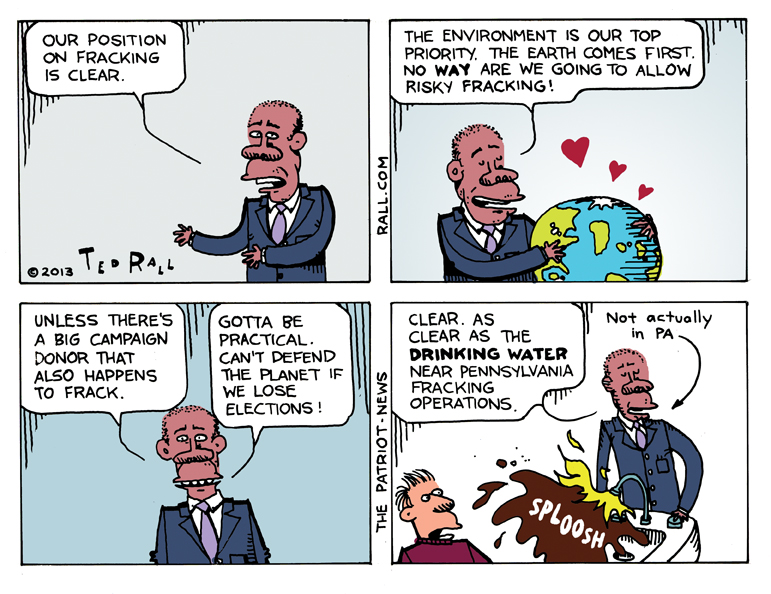
A GOLF COURSE OUTSIDE WASHINGTON, DC — President Obama said today that he was ready to take military action against the University of California at Davis in retaliation for its alleged use of chemical weapons, but that he will seek the approval of Congress before carrying out any military strike.
Obama says congressional leaders have agreed to schedule a debate and vote when they return to session. They are scheduled to return from their summer recess on Sept. 9.
The president did not say whether he’d forgo a strike if Congress rejects his call to action.
“After careful deliberation, I have decided that the United States should take military action against UC targets, including Lieutenant John Pike,” Obama said. “This would not be an open-ended intervention. We would not put boots on the ground. Instead, our action would be designed to be limited in duration and scope.
“This attack is an assault on human dignity,” Obama said of the alleged Nov. 18, 2011 chemical assault against Occupy Wall Street protesters, which the U.S. intelligence community has linked to UC campus security. “It also presents a serious danger to our national security.”


